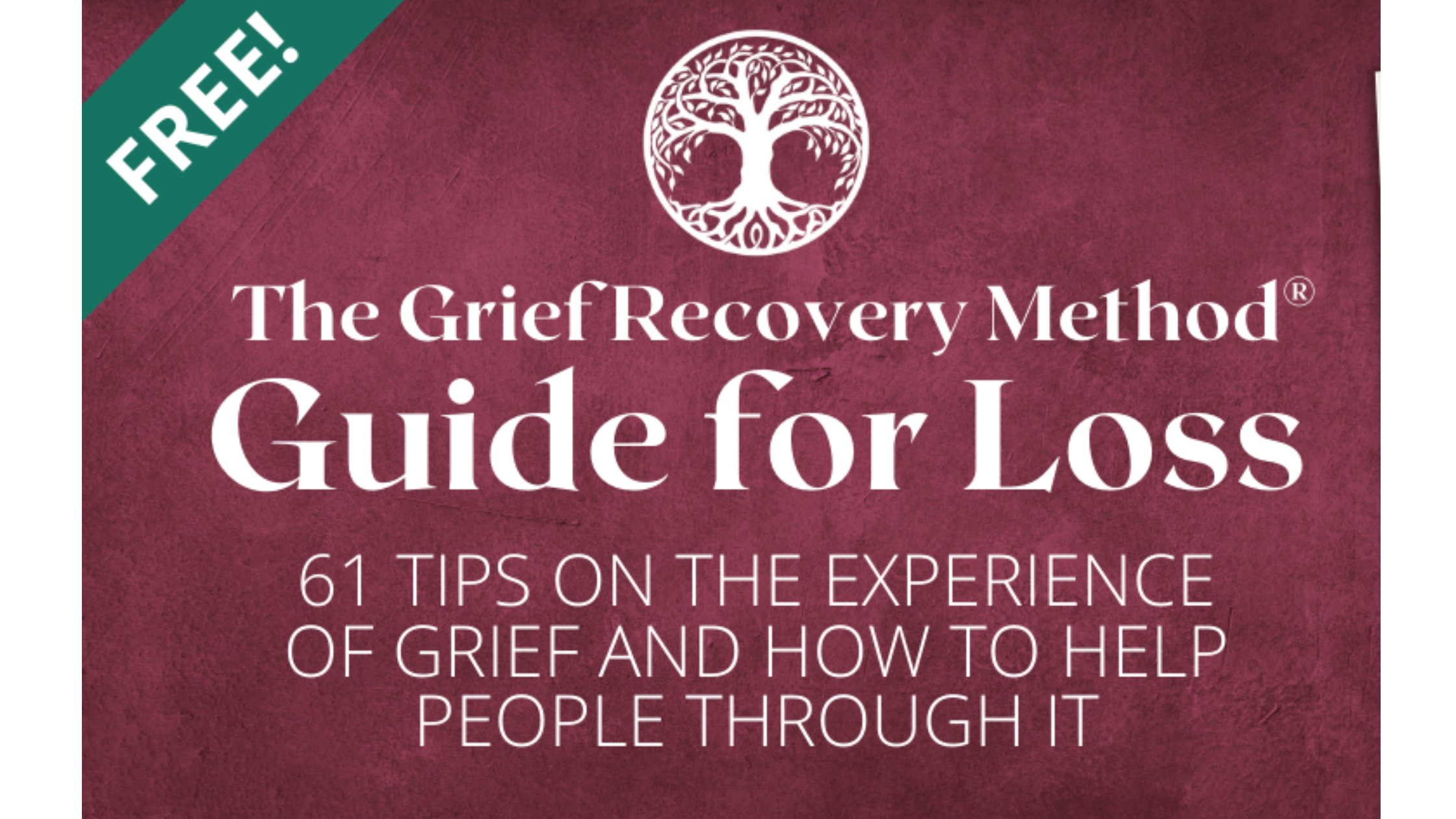Making the Perfect Apology
Do you need help in expressing the perfect apology?
Have you have you ever said “I’m sorry” to someone who did not believe you or who did not accept your attempts to repair the relationship?
Chances are you were missing one or more of these vital components of an effective apology. With these steps you can restore trust and heal almost any offense.
Follow these steps to experience the power of apology:
1. Before making an apology, make sure you have, on your own, released any anger you have toward the other party.
2. Come with a humble attitude and a desire to restore and/or heal the relationship.
3. Acknowledge and take responsibility for your specific actions, words or attitudes that caused the other person pain. DO NOT blame the other person, even if you think he or she was at fault.
|
4. Validate the feelings the other experienced by reflecting back to the person the feelings they share. 5. Let them know you never want to hurt them like that again. 6. Ask, “Will you forgive me?” Be aware that even when you apologize, the other person may not be ready to release the pain or resentment. If he/she says “No,” or is not ready to forgive, ask if there is anything else he/she needs from you. The other person may simply need more time to process his or her own feelings. Let him/her know you are open to talking more about what happened when he/she is ready. 7. If the other person says they forgive you, thank them for this gift of forgiveness and look for ways to enrich the relationship. |
The Perfect Apology Checklist
Does your apology express…
◊ understanding of the problem? ◊ understanding of the other’s feelings? ◊ acceptance of responsibility? ◊ a willingness to improve? |
Some wounds are so painful that it may be difficult to heal on your own, even with the most sincere apology. Examples include where there has been infidelity, betrayal or some other irreversible consequence, such as an accidental (or intentional) death. In these cases, it is wise to seek help from a relationship expert who can help each person sort through the pain, trauma and special communication challenges. Call me for a complimentary 15-minute consultation by phone to see how we could work together to heal your relationship.
What is Forgiveness Anyway?
According to the Mirriam-Webster.com online, to forgive is:
- to give up resentment for an insult;
- to grant relief from payment of a debt;
- to cease to feel resentment against an offender.
Only the one to whom a debt is owed can offer
forgiveness. Forgiveness cannot be demanded to heal a wound in a relationship,
because this demand would be another violation of trust. When you express the perfect apology you do everything on your part to try to heal the pain caused to the other person. Forgiveness, or releasing the debt, is still up to them.
An Example of the Perfect Apology
“Mary, I am sorry for the way I yelled at you last night when you asked me to carry the box. I imagine that my reaction surprised you and may have intimidated you when I was so angry. “
Acknowledge if the person has feelings about the incident that come up. They may need to let you know in their own words how they felt. If you respond well to this, this can be a very healing moment.
After they share, begin your apology again, this time adding validation for the feelings they just expressed to you:
“Mary, I am sorry for the way I yelled at you last night. I understand that when I did that you were confused and hurt by my impatience. I don’t ever want to hurt you like that again. Will you forgive me?”
When you include validation of the other's feelings, be prepared to experience the power of apology in healing the rift.
How to Ruin an Apology
The following statements indicate a failure to accept responsibility for one’s actions or words. If your statement is in any way self-serving, it is not an apology. You must avoid these when making the perfect apology.
1. Avoid “I’m sorry, but…”
This is not an apology, but an attempt to shift blame away from yourself.
2. Avoid “I want to apologize…”
This phrase is similar to saying, “I want to lose weight,” but not going on a diet. It comes across as insincere to the listener.
3. Avoid “I’m sorry, you felt that way…”
This is quite insulting to the person who has been hurt.
4. Avoid “I’m sorry it happened.”
“…it happened” is simply another way to resist taking responsibility for your own actions, words or attitudes.
5. Avoid “I’m sorry if I hurt you.”
This statement suggests you have not realized the pain you have caused and will likely insult the offended one.
6. Avoid groveling.
State your apology simply and then be quiet and listen to the response.
7. Avoid blaming the other person for being hurt.
This indicates a lack of sincerity and undermines the purpose of an apology.
8. Avoid lecturing to defend or explain your actions
Too many words can become self-serving and can further damage the relationship.
Return Home from The Perfect Apology



